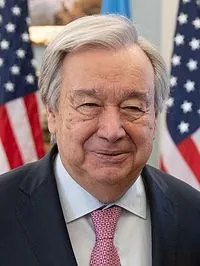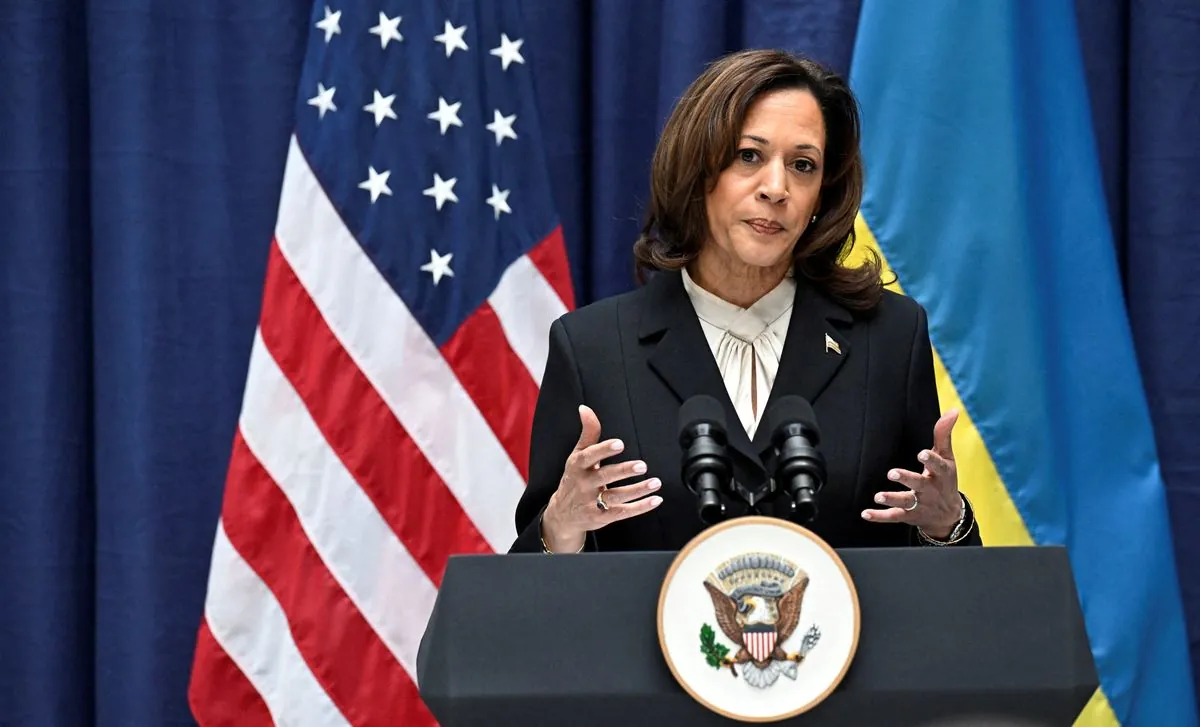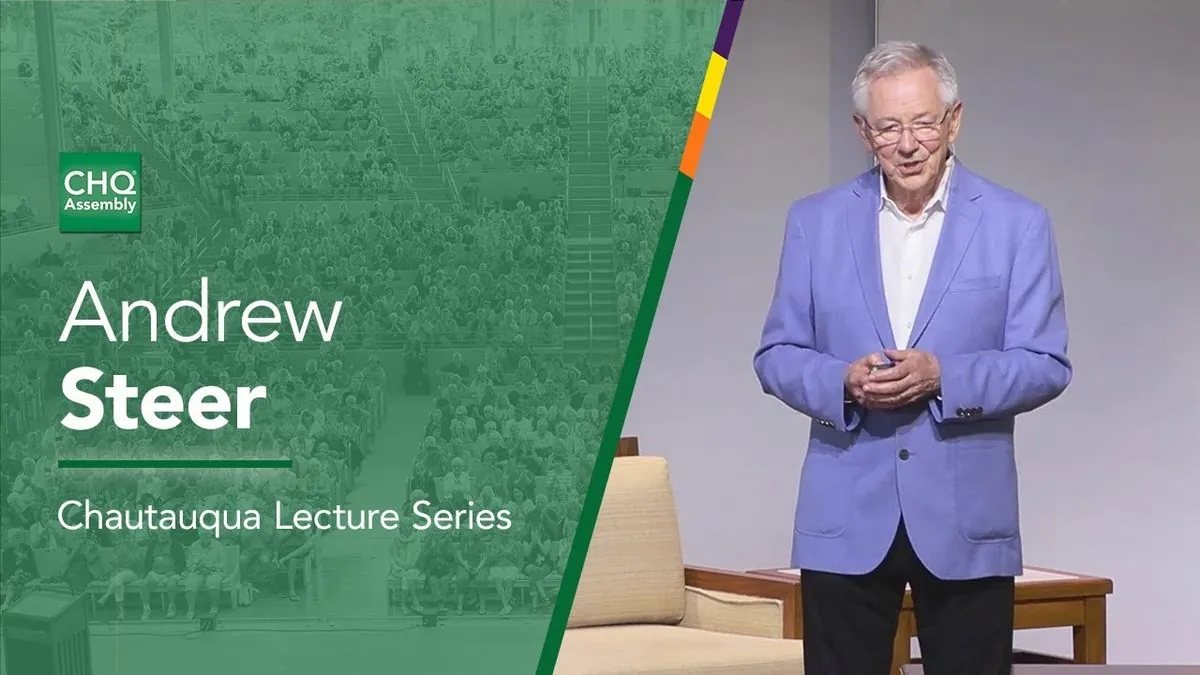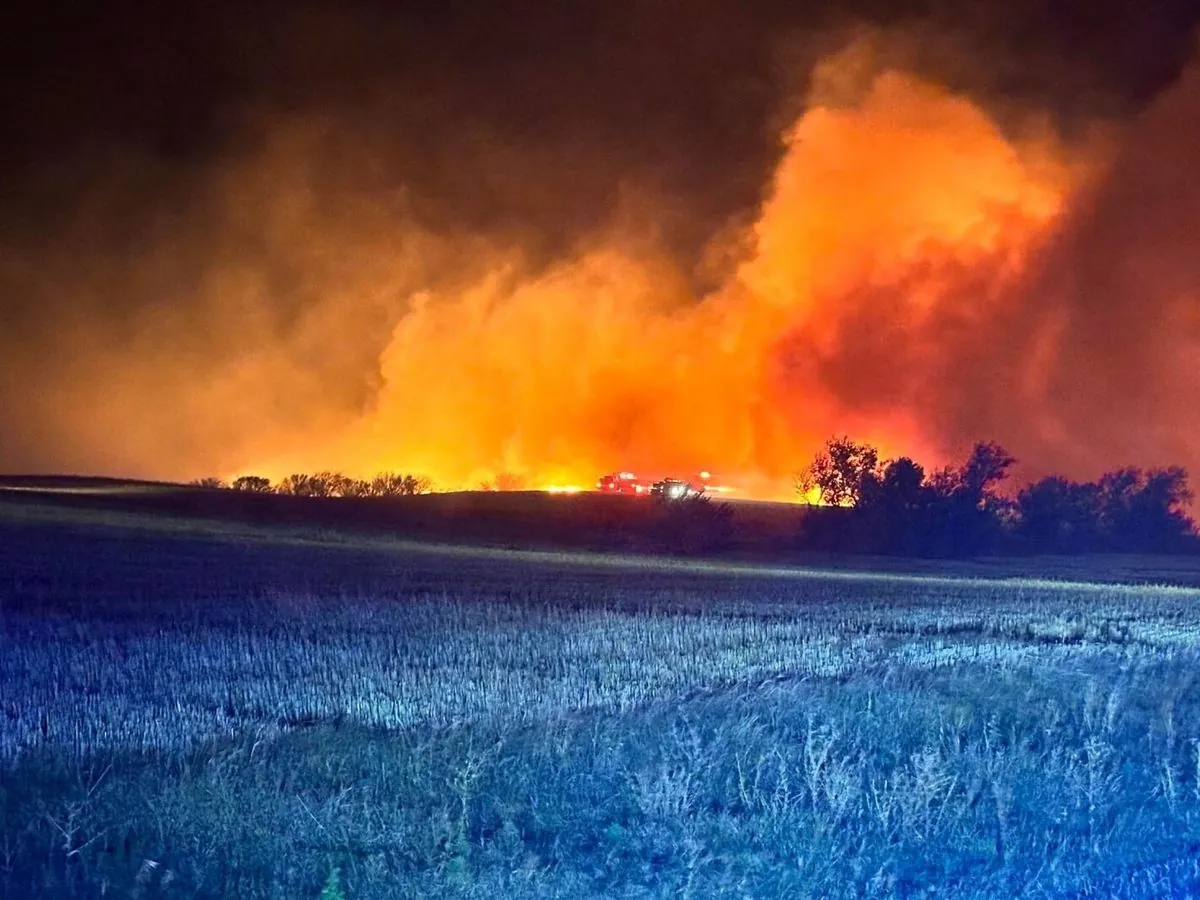US Campuses Mark Hamas Attack Anniversary with Protests and Vigils
One year after the Hamas attack on Israel, US college campuses witness pro-Palestinian protests and Jewish remembrance events. Tensions remain high as activists on both sides express their views through rallies and vigils.
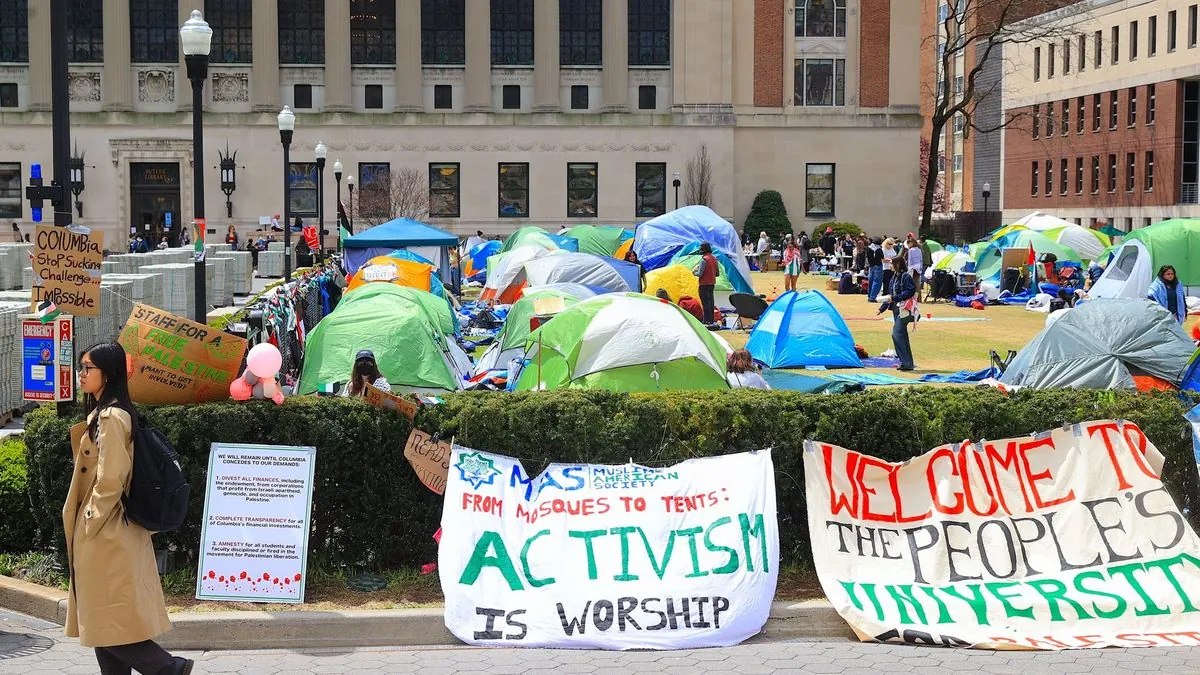
On the first anniversary of the Hamas attack on Israel, US college campuses and cities became stages for contrasting demonstrations, reflecting the ongoing tensions surrounding the Israel-Gaza conflict. Pro-Palestinian activists launched "week of rage" protests, while Jewish students held somber vigils for victims and hostages.
Hamas, founded in 1987 during the First Intifada, orchestrated an attack on Israel on October 7, 2023, resulting in approximately 1,200 deaths and 250 hostages. This event marked a significant escalation in the Israeli-Palestinian conflict, which has persisted for over seven decades.
In New York City, a large gathering of about 1,500 protesters marched in support of the Palestinian cause. The protest, organized by the Palestinian-led group Within Our Lifetime, aimed to draw attention to the situation in Gaza. Nerdeen Kiswani, the group's founder, emphasized their commitment to non-violence despite facing threats and provocations.
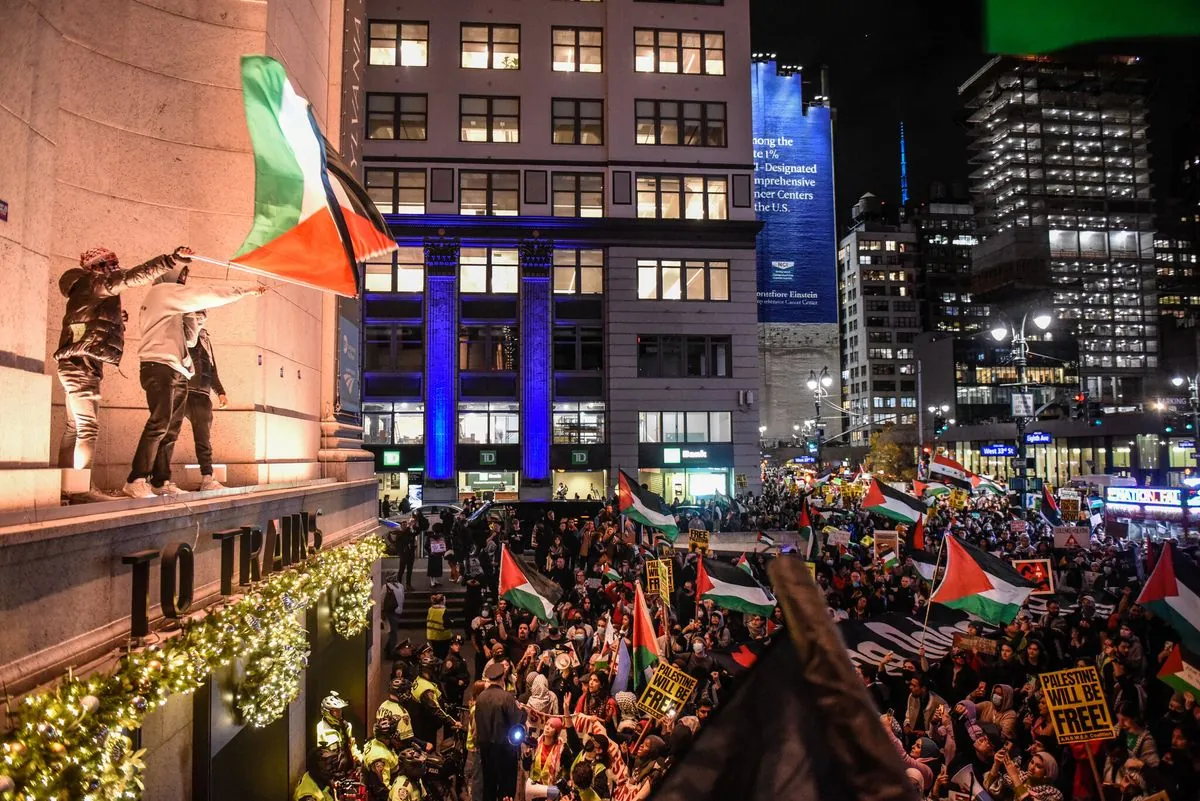
Meanwhile, Jewish students at Columbia University, which became the epicenter of campus protests last spring, created an art installation featuring photos of Israeli hostages. Elisha Baker, a junior at Columbia, described the past year as "a 365-plus day nightmare" for the Jewish community.
The contrasting events highlighted the deep divisions on campuses. At Rutgers University, Jewish groups erected a memorial with over 1,400 ribbons representing those murdered, rescued, or still held hostage. Simultaneously, the Rutgers-New Brunswick chapter of Students for Justice in Palestine referred to October 7 as the beginning of Israel's "complete disintegration" on social media.
The Gaza Strip, under Israeli blockade since 2007, has been severely impacted by the conflict. According to the Gaza Health Ministry, more than 41,000 people have been killed since the start of the conflict, though this figure does not distinguish between civilians and combatants.
"It's just really sad that I had to pull it out again, because it's clear that this is not just soldiers against soldiers."
The ongoing conflict has its roots in complex historical events. The Balfour Declaration of 1917 supported establishing a "national home for the Jewish people" in Palestine, while the United Nations Partition Plan for Palestine was adopted in 1947. Subsequent wars, such as the Six-Day War in 1967 and the Yom Kippur War in 1973, further complicated the situation.
Universities implemented heightened security measures to manage potential conflicts. At UCLA, strict rules were set for protests, including limits on location and noise levels. Columbia University tightened campus access, allowing only those with school IDs to enter.
The anniversary events also brought personal stories to the forefront. Noa Reuveni, 25, spent the day sharing the story of her best friend and his twin brother, both kidnapped in Israel. She expressed a desire to reach out to a broader audience beyond Jewish students, emphasizing the human aspect of the conflict.
As tensions continue, the need for dialogue and understanding remains crucial. The Arab Peace Initiative of 2002, which offered normalization of relations with Israel in exchange for withdrawal from occupied territories, serves as a reminder of past efforts to resolve the conflict peacefully.
The events marking this anniversary reflect the ongoing challenges in finding a resolution to the Israeli-Palestinian conflict, which continues to impact lives on both sides and spark passionate debates worldwide.














